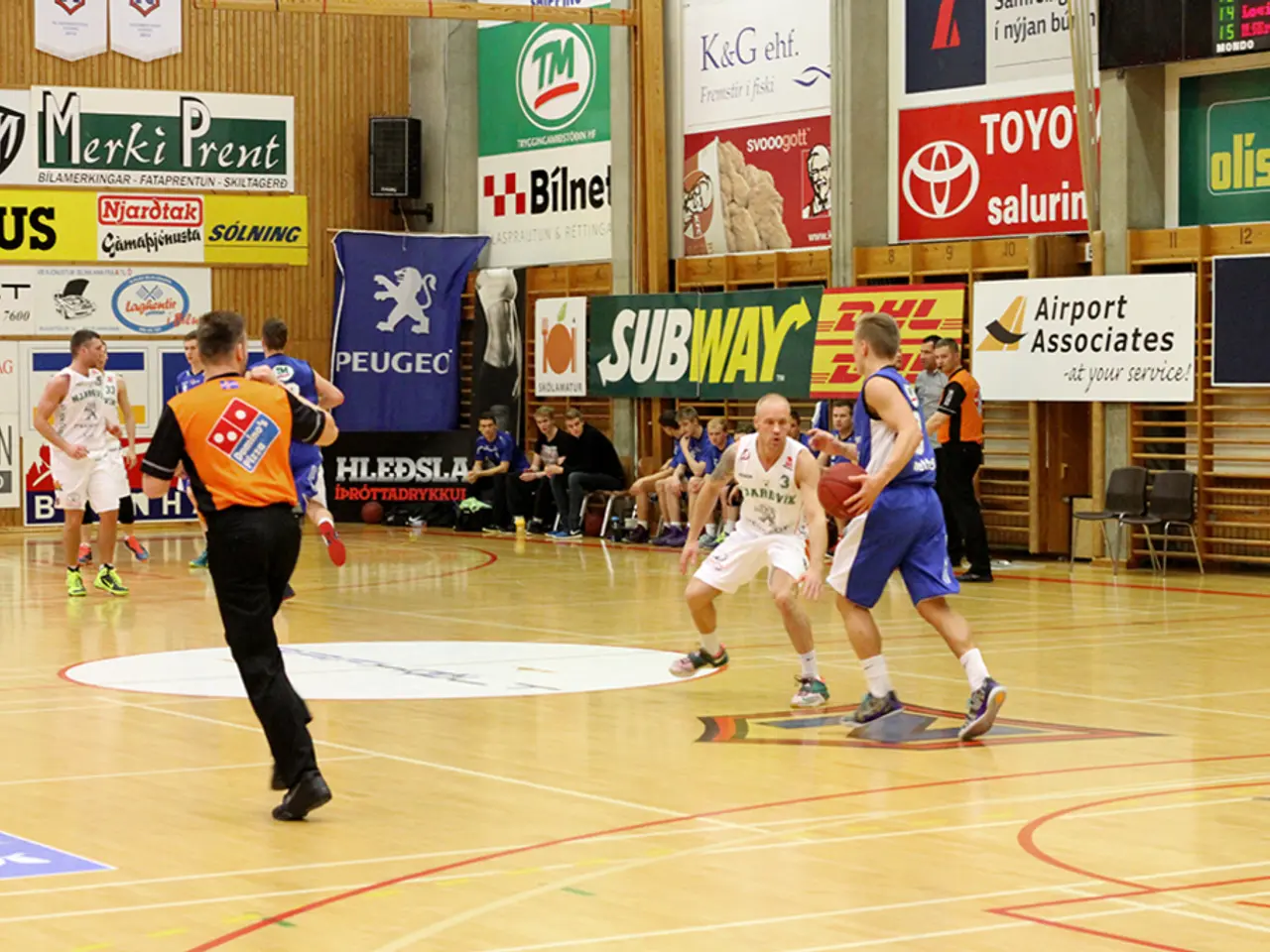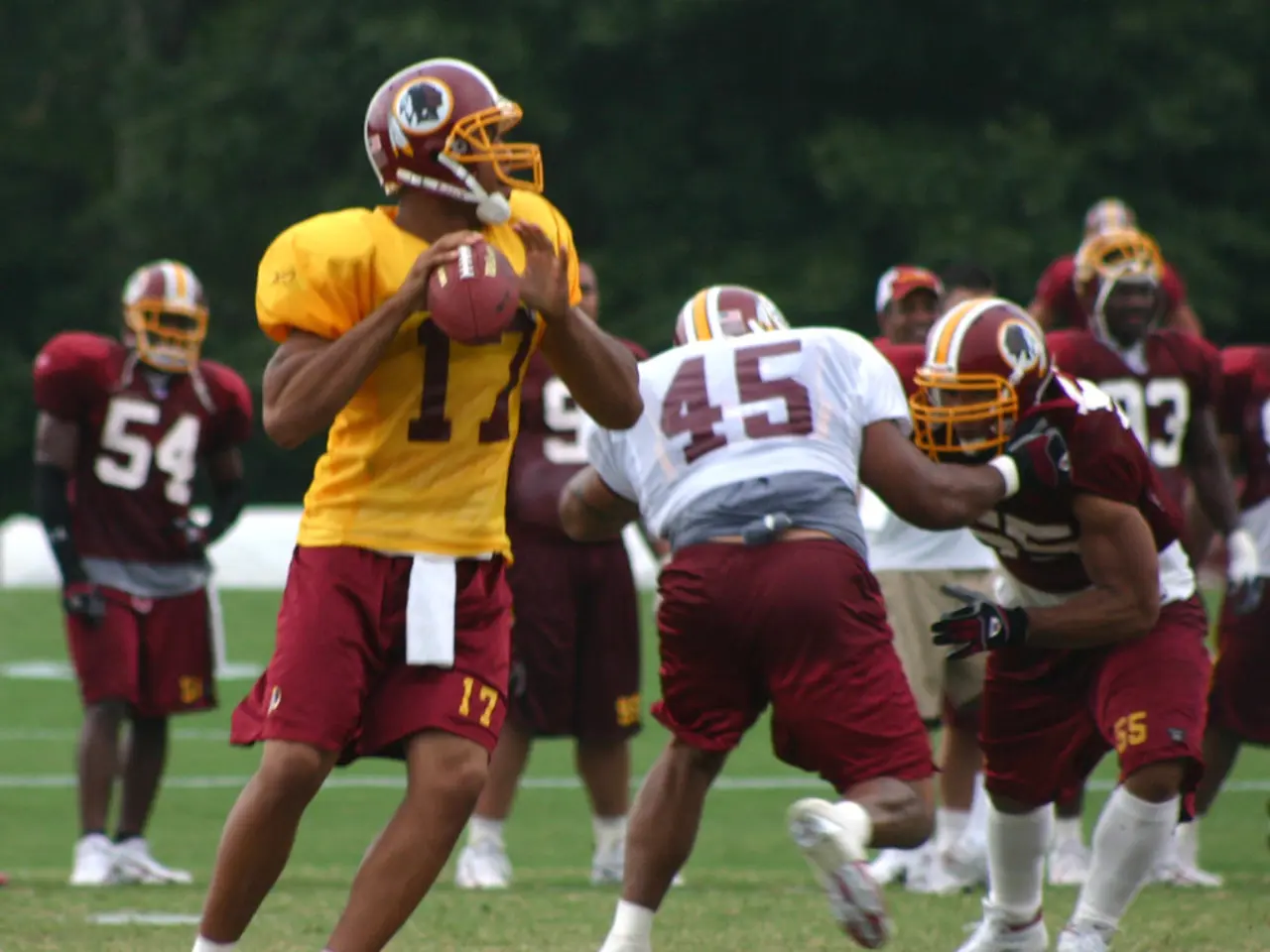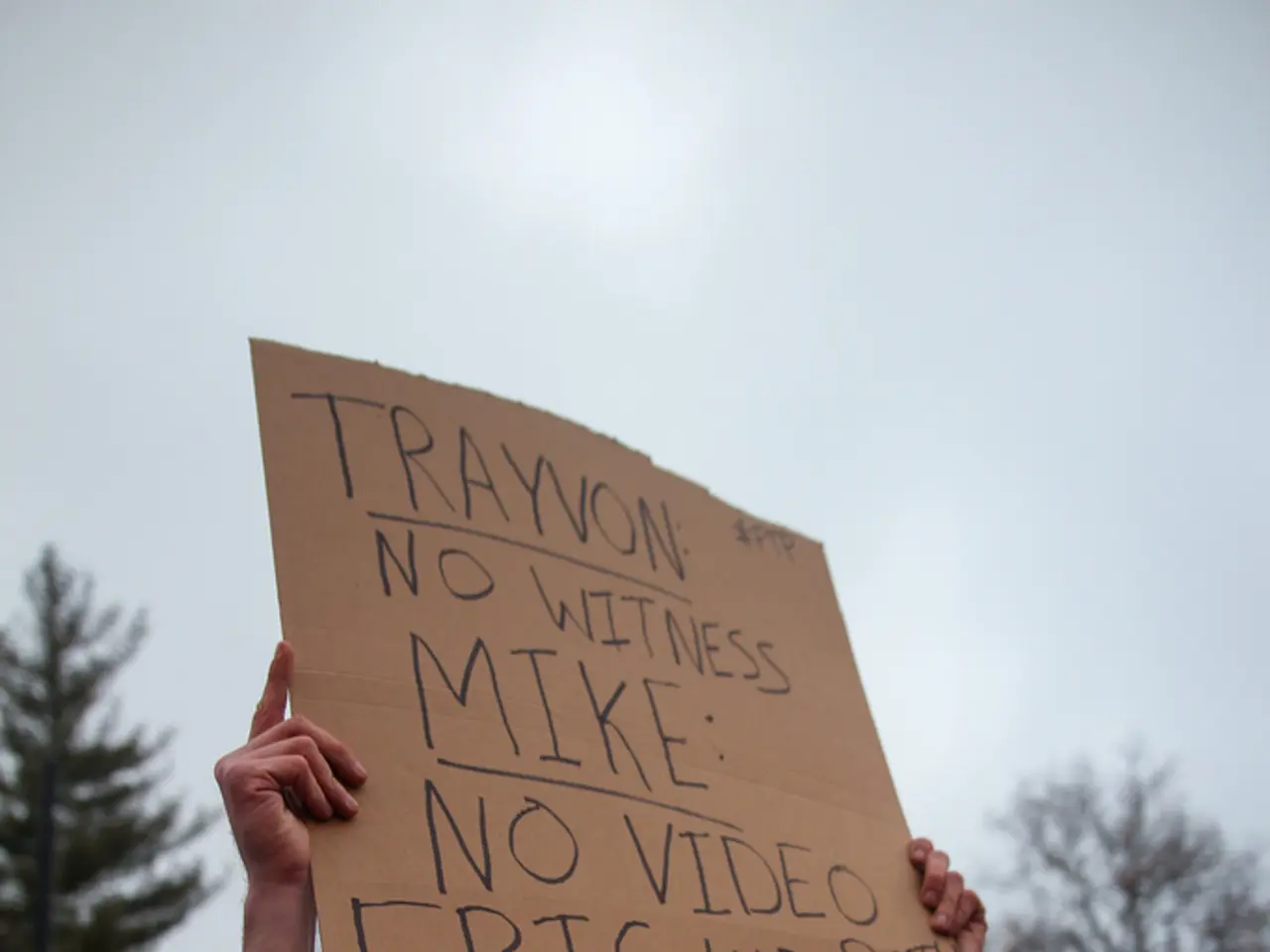Austin WNBA Bid Group Identifies NBA Owners as Major Competitors
The Women's National Basketball Association (WNBA) has announced its next three expansion teams, and interestingly, all of them have ties to National Basketball Association (NBA) ownership. This trend, while not officially mandated, has become a de facto standard in the current league environment.
The new teams joining the WNBA are based in Cleveland, Detroit, and Philadelphia. Notably, all three cities have previously had opportunities to host a WNBA club but did not secure one in the past. This time around, they have managed to secure a spot, thanks in part to their connections with NBA ownership groups.
Historically and currently, NBA ownership has been a common thread among WNBA expansion teams. For instance, all three new franchises have ties to current NBA ownership groups, such as the Cleveland Cavaliers, Detroit Pistons, and Philadelphia 76ers. This pattern is consistent with the league's preference for NBA owners due to their financial resources and connections.
The high cost of owning an expansion franchise, typically at or above $250 million, further favours NBA team owners or those with NBA investment ties who can leverage greater financial backing. This is one of the key reasons why only two out of eight rejected bids in the past were backed by NBA team owners. The other six bids did not have support from NBA ownership.
However, it's worth noting that not all new teams are directly owned by NBA franchises. For example, the Toronto Tempo and the Portland team, while not owned by NBA teams in their respective cities, have NBA-affiliated principal owners. In Toronto's case, Larry Tanenbaum, the principal owner of the Toronto Raptors, is also the owner of the Tempo. Similarly, the Portland WNBA team owners have stakes in the Sacramento Kings.
The Austin WNBA expansion bid, led by entrepreneur Fran Harris, NBA superstar Kevin Durant, Marc Lasry, and Jenny Just, is another example of this trend. Although none of them have active control of an NBA team, they do have ties to NBA teams, which may have contributed to the bid's success.
In Austin, the Moody Center, built by Oak View Group on the University of Texas campus, has been identified as the target venue for the expansion bid. With a capacity of around 11,000 for basketball and 16,233 for concerts, the Moody Center offers a suitable space for the new team.
The Golden State Valkyries, a sibling franchise of the Warriors, are another example of the NBA-WNBA connection. This trend is not new, as the owners of the three preceding WNBA expansion teams also have NBA ties.
Despite the emphasis on NBA ties, league leadership has stated that there is no explicit "bias" toward NBA ownership. However, the advantages that NBA owners bring, such as financial resources and connections, have made them predominant in expansion decisions.
In conclusion, while the WNBA may not have a formal rule requiring NBA ownership ties, in practice, all recent WNBA expansion teams have had such affiliations or stakes, making NBA ownership a de facto standard for expansion team ownership. This trend continues with the addition of the new teams in Cleveland, Detroit, and Philadelphia.
The new WNBA teams in Cleveland, Detroit, and Philadelphia have ties to NBA ownership groups, such as the Cleveland Cavaliers, Detroit Pistons, and Philadelphia 76ers, due to financial resources and connections. Historically, NBA ownership has been a common thread among WNBA expansion teams, with all three new franchises fitting this pattern.








